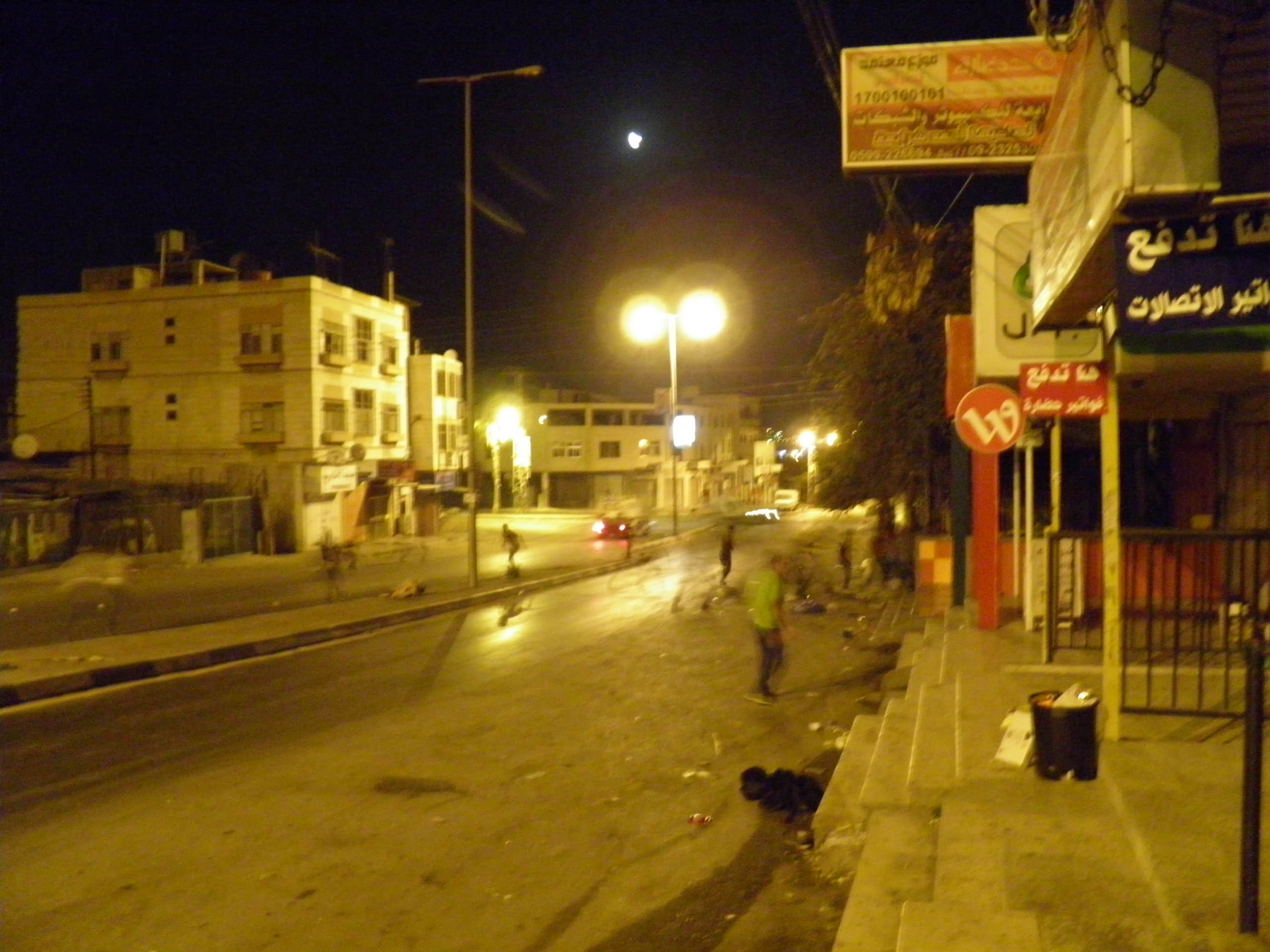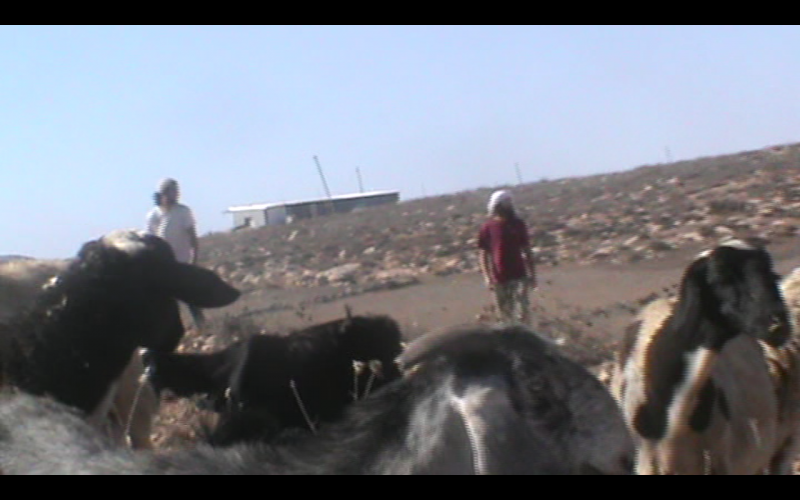Category: Reports
-
Israeli settlers and soldiers invade Balata refugee camp
20th September 2013 | International Solidarity Movement, Nablus team | Occupied Palestine On the 17th of September, under heavy Israeli army protection, Israeli settlers from nearby illegal settlements entered Nablus with the aim of praying at Joseph’s tomb in Balata refugee camp. Just after midnight, the Israeli army closed the district that surrounds the monument, blocking all the…
-
Tear gas, rubber-coated steel bullets, and arrests
19th September 2013 | International Solidarity Movement | Occupied Palestine Every week, several villages across the West Bank demonstrate against the Israeli occupation of Palestine. This week, ISM activists attended protests in the villages of Bil’in, Ni’lin, and Nabi Saleh. During the demonstration in Bil’in, Israeli soldiers shot mass amounts of tear gas at peaceful protesters. Many Palestinians…
-
Israeli settlers attacked internationals and a Palestinian shepherd
15th September | Operation Dove | At Tuwani On September 14th, two Israeli settlers attacked a Palestinian shepherd and two international near the Israeli outpost of Mitzpe Yair, in the South Hebron Hills area. During the aggression, the settlers stole video cameras from the internationals and broke one of their phones. Israeli police detained the…



